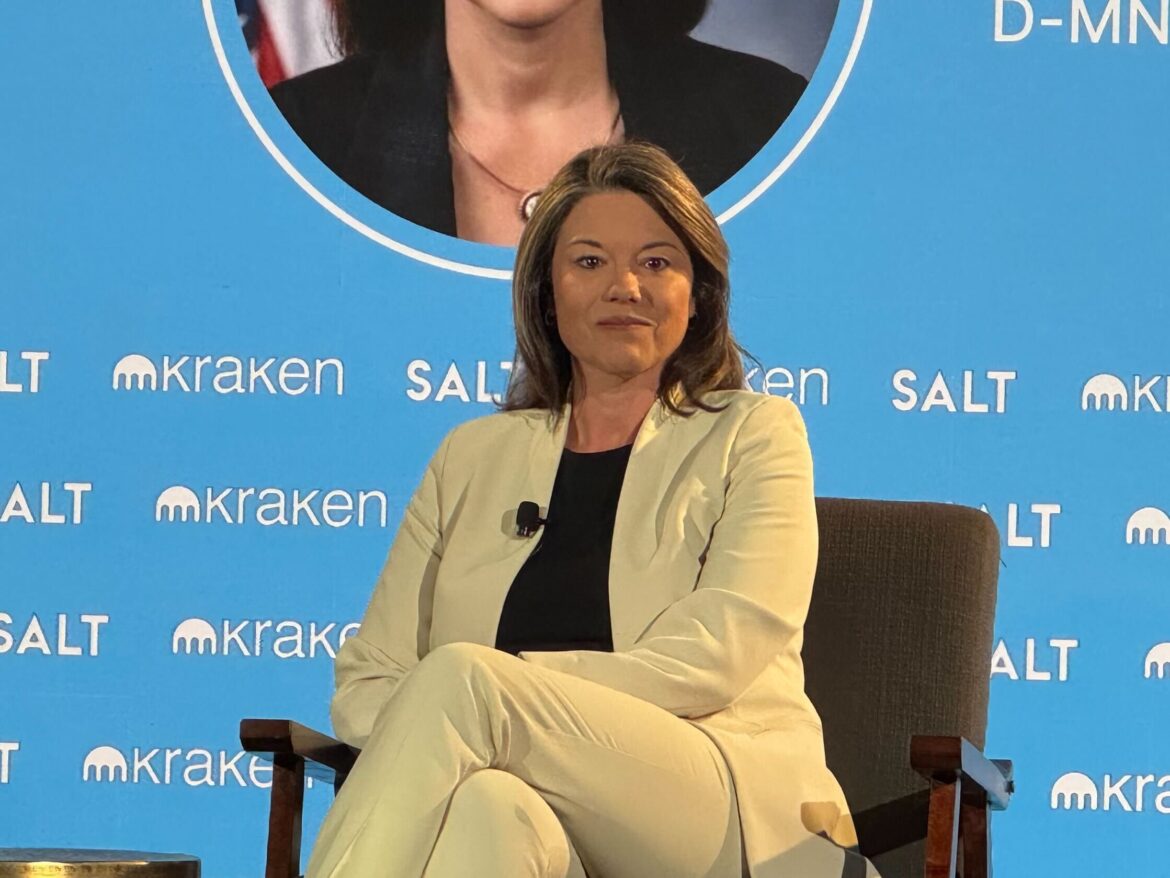Google appears to have blocked AI search results for the query “does trump show signs of dementia” as well as other questions about his mental acuity, even though it will show AI results for similar searches about other presidents.
When making the search about President Trump, AI Overviews will display a message that says, “An AI Overview is not available for this search”:
Go directly to AI Mode, and you’ll only receive a list of 10 web results instead of a summarized page of information:
Similar searches about Trump are limited in the same way. Various queries about dementia, Alzheimer’s, and senility display no AI overview and only produce a list of links inside AI Mode.
Google’s behavior is inconsistent if you swap in different names. When asking “does biden show signs of dementia”, Google doesn’t show an AI Overview at all:
But in AI Mode, it will offer a summarized response. When I searched for it, the response started with, “It’s not possible to definitively state whether former President Joe Biden has dementia based solely on publicly available information.”
Google also displayed AI overviews for queries about Biden and Alzheimer’s, stating there is “no clinical diagnosis or public proof that former President Joe Biden has Alzheimer’s disease.”
This is all different from what you get when using the names of other public figures or recent presidents. Use Obama’s name instead, and you’ll get an AI Overview — when I searched, it said that “No public evidence or statements from medical professionals indicate that former President Barack Obama has dementia”:
I got a similar result while searching about Obama in AI Mode:
There’s been a lot of coverage of the mental acuity of both President Trump and President Biden, who are the two oldest presidents ever, so it’s reasonable to expect that people might query Google about it. The company may be worried about accurately presenting information on a sensitive subject, as AI overviews remain susceptible to delivering incorrect information. But in this case, it may also be worried about the president’s response to such information. Google agreed this week to pay $24.5 million to settle a highly questionable lawsuit about Trump’s account being banned from YouTube.
Google spokesperson Davis Thompson didn’t say why AI overviews weren’t triggered for these queries when asked by The Verge. “As we’ve said, AI Overviews and AI Mode won’t show a response to every query.” Thompson also pointed to a document that explains how AI Overviews may not show for every query and that AI Mode may choose to show links instead of generating a response.
Update, September 30th: Added response from Google.





